The Time Machine Reflects the Perils of Playing with Fate
“The Time Machine” (2002) directed by Simon Wells explores love and loss across time, blending adventure with philosophical depth. Rating: 6.0/10.
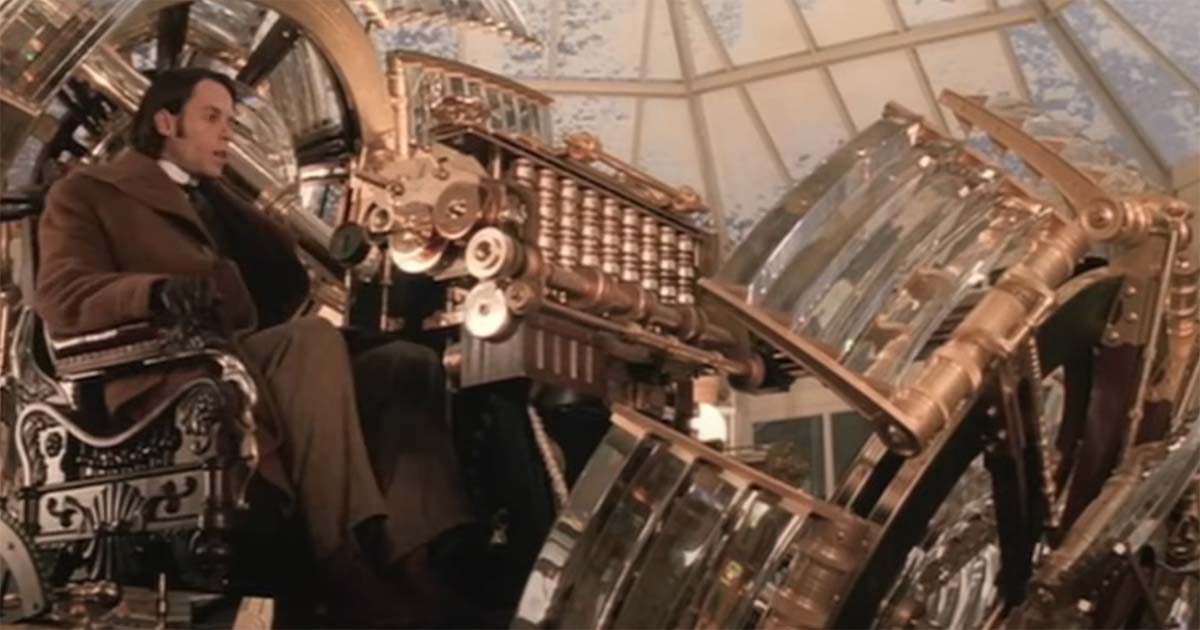
"The Time Machine," directed by Simon Wells and released in 2002, is a reimagining of H.G. Wells' classic novella. It serves as both an homage to the original and a divergence from its narrative roots.
In this version, Guy Pearce steps up as Alexander Hartdegen, a no-nonsense scientist, pushing through a wild, fantastical world where modern tech meets the brutal reality of post-apocalyptic regret. Alongside Pearce, Samantha Mumba portrays Mara, the spirited Eloi who becomes Hartdegen's love interest, while Jeremy Irons delivers a chilling performance as the Über-Morlock.
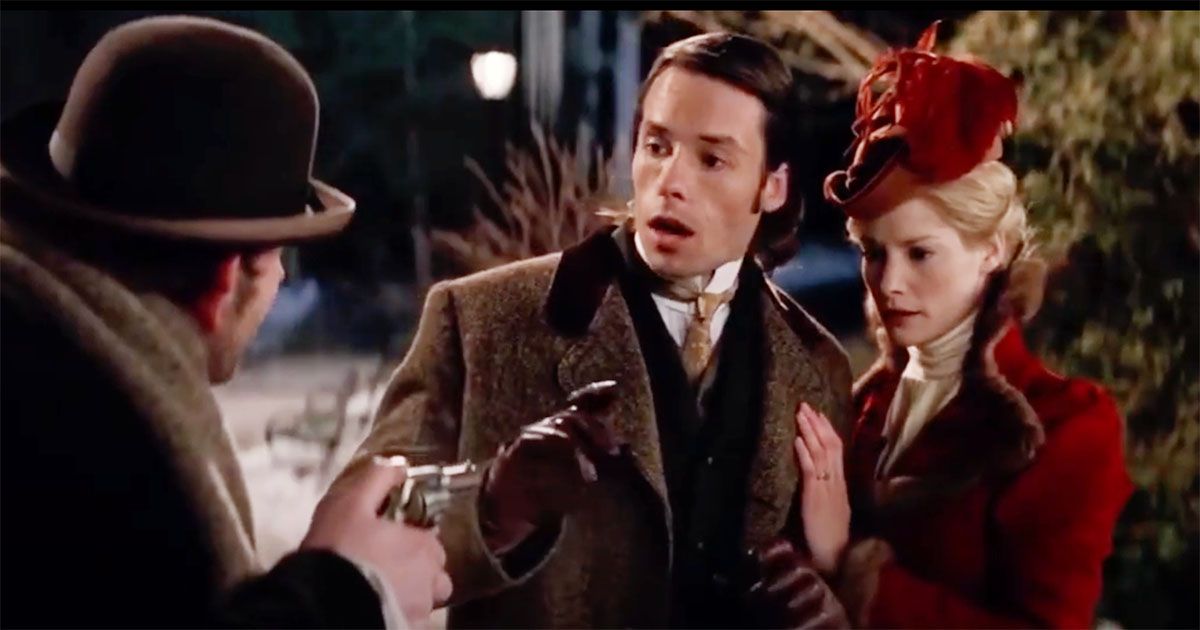
Although the film boasts impressive special effects and a captivating aesthetic, it struggles to blend a heartfelt narrative of lost love with the adventure-driven elements that modern audiences often expect.
The story, driven by Hartdegen's quest to change the past after the tragic death of his fiancée, shifts from emotional depth to action-thriller territory. This decision undermines the film's exploration of the philosophical complexities of time travel.
While it delivers visual splendor and an engaging beginning, it ultimately falls short in its execution, resulting in a cinematic experience that prompts both admiration and disappointment. As "The Time Machine" reaches beyond its source material, it invites reflection on the broader implications of progress and the enduring power of love.
| Attribute | Details |
|---|---|
| Title | The Time Machine |
| Director | Simon Wells |
| Writer | H.G. Wells, David Duncan, John Logan |
| Actors or actresses | Guy Pearce, Yancey Arias, Mark Addy |
| Rated | PG-13 |
| Runtime | 96 min |
| Box Office | $56,832,494 |
| U.S. Release Date | 08 Mar 2002 |
| Quality Score | 6.0/10 |
Synopsis
As the narrative unfolds, Hartdegen, driven by grief and a desire to rewrite history, invents a time machine, hoping to save his fiancée from a tragic fate. His initial journey brings him to the year 2030, where he witnesses the effects of societal collapse and the rise of the Eloi—a seemingly peaceful yet detached race. Here, Hartdegen learns that the world has succumbed to a conflict that has driven humanity into the underground, giving rise to the savage Morlocks, who prey upon the Eloi.
Determined to find answers, Hartdegen ventures further into the future, exploring radically transformed environments and civilizations. He encounters the Morlocks, led by the menacing Über-Morlock, whose sinister reign over the Eloi starkly contrasts with the utopian ideal that they seem to inhabit.
Through this journey, Hartdegen grapples with the consequences of his actions, confronting the futility of attempting to alter fate and the harsh realities of evolution and survival in a world governed by primal instincts.
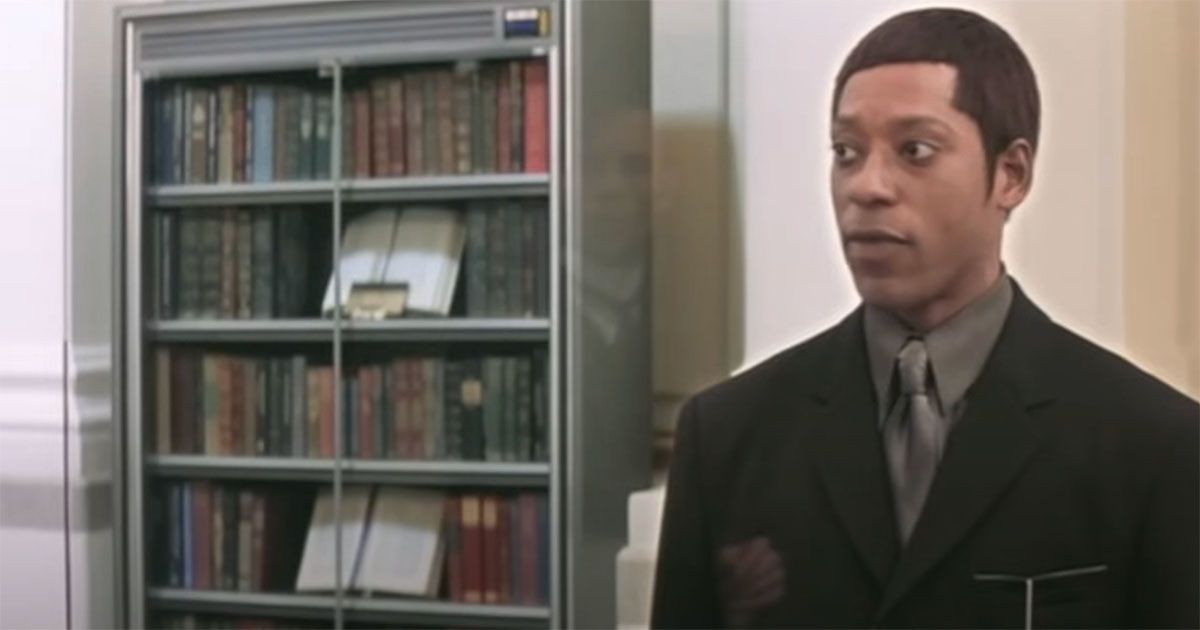
Ultimately, Hartdegen's journey becomes one of self-discovery, revealing profound truths about love, loss, and the immutable nature of time. The distant future forces him to confront the lessons of the past, making him understand that certain regrets are permanent and inescapable.
This reflection forms the heart of "The Time Machine," a tale that balances action-packed sequences with a deeper philosophical inquiry into human nature and the relentless passage of time.
Themes
"The Time Machine" envelops viewers in a richly visual and auditory experience that leaves a lasting impression. From the moment the film begins, it immerses audiences in a world teetering on the brink of transformation—a sharp contrast between the Victorian elegance of Alexander Hartdegen's era and the stark, desolate landscapes of the future.
The film's production design achieves this with remarkable detail, creating environments filled with both wonder and foreboding. The use of vibrant colors when depicting the Eloi's existence sharply contrasts with the shadowy, industrial atmosphere of the Morlocks, enhancing the tension between these vastly differing societies.
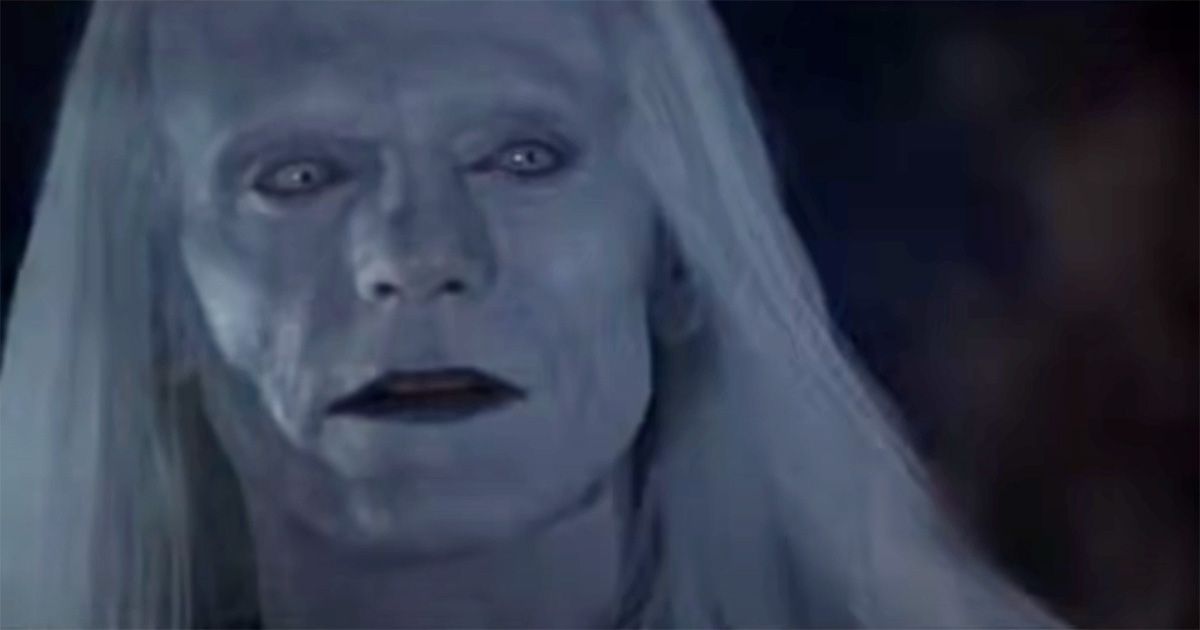
Sound plays a critical role in shaping the tone of "The Time Machine." The score, composed by Klaus Badelt, blends a hauntingly beautiful orchestral background with moments of suspense that elevate the urgency of Hartdegen's quest.
As the story barrels forward, the echoes of the past hit hard, driving home themes of loss and longing. Hartdegen's heartbreak over his fiancée's death takes center stage, with somber music cranking up the emotion, pulling viewers in to not just watch his pain but feel every bit of it with him.
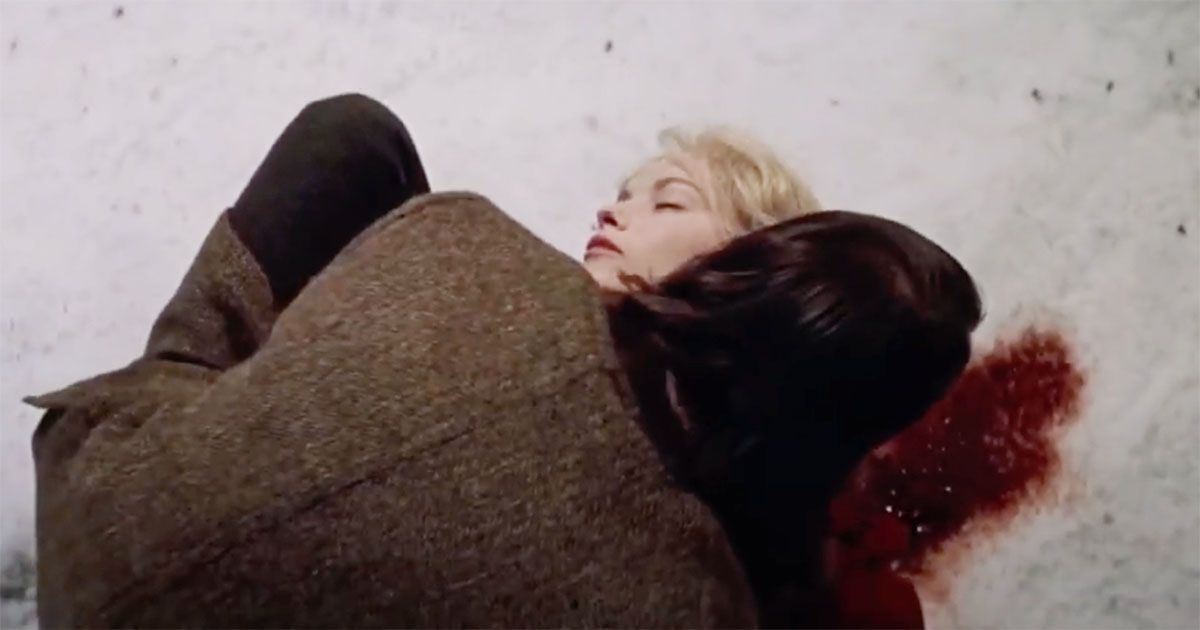
The film centers around the exploration of time, a theme that hits on multiple levels. Hartdegen's desire to manipulate time sheds light on humanity's age-old struggle with acceptance and the need for control over fate.
The compelling premise sparks a sense of urgency, pulling viewers into the ethical dilemmas of meddling with the past. Can altering history for personal gain ever be justified, even when love is on the line? This question hangs over the story like a shadow, haunting both the characters and the audience.
As Hartdegen navigates through the centuries, he encounters not just temporal shifts but profound philosophical dilemmas. The stark duality of the Eloi and the Morlocks embodies the idea of physical and moral evolution.
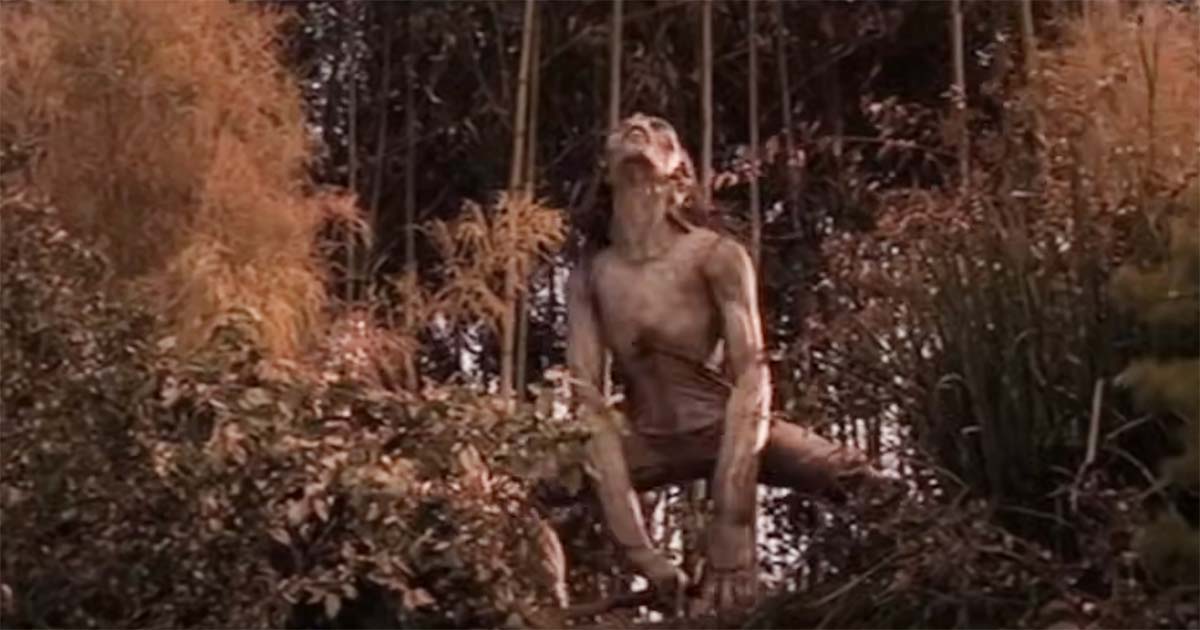
The Eloi, who have evolved to lead lives of leisure, do so at the cost of their survival instincts, becoming vulnerable and naive. In stark opposition, the Morlocks exemplify the darker aspects of progress and evolution, showcasing humanity's capacity for violence and domination when stripped of societal constructs. This collision of ideologies serves as a sobering reminder that advancement does not guarantee enlightenment.
The film also frames love as a transformative force, one that drives Hartdegen to extreme lengths. His futile quest to alter his tragic past speaks to the universal desire to preserve cherished moments, to grasp tightly onto what we hold dear.
Yet, as Hartdegen learns, love is not just about possession. It involves acceptance and the strength to face sorrow. In a touching moment, as he realizes he cannot change the past, viewers see a transformation in his character. He evolves from a desperate innovator to a man who, though resigned, is enlightened by his journey.
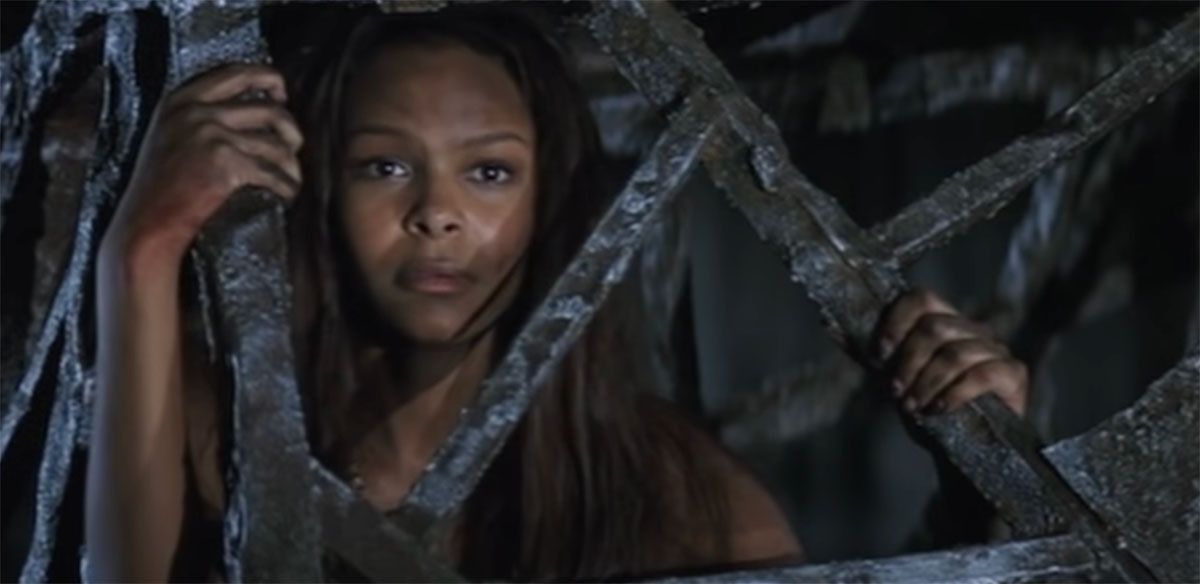
In reflecting on "The Time Machine," one is left considering the implications of progress, love, and the inescapable nature of time. It is these themes, coupled with its striking visual storytelling and emotional resonance, that linger long after the credits roll.
The journey Hartdegen embarks on serves as a cautionary tale of human ambition, reminding us of the delicate balance between our desires and the reality of our place within the cosmos. The film, while flawed, ultimately invites viewers to reflect deeply on their own relationships with time and the people who shape their lives, making it a memorable entry in the annals of science fiction storytelling.
Who Will Enjoy The Time Machine
"The Time Machine" is a film that captures a wide range of audiences, making it an intriguing watch for various types of viewers, though not all may find the same appeal. For those who appreciate a narrative that mixes an emotional journey with a speculative premise, this movie offers a thoughtful exploration of love, loss, and the passage of time. It would particularly echo with the individuals who cherish science fiction as a vehicle for deeper philosophical inquiry rather than merely an action-driven spectacle.
Consider, for instance, a quiet evening when one might seek more than just entertainment. Perhaps it is a rainy day when the world outside quiets, and you have the opportunity to reflect on personal aspirations and memories. "The Time Machine" thrives in such an atmosphere, inviting contemplation on life's choices. Those who find solace in historical contexts infused with contemporary reflections will appreciate the relevance of its themes.
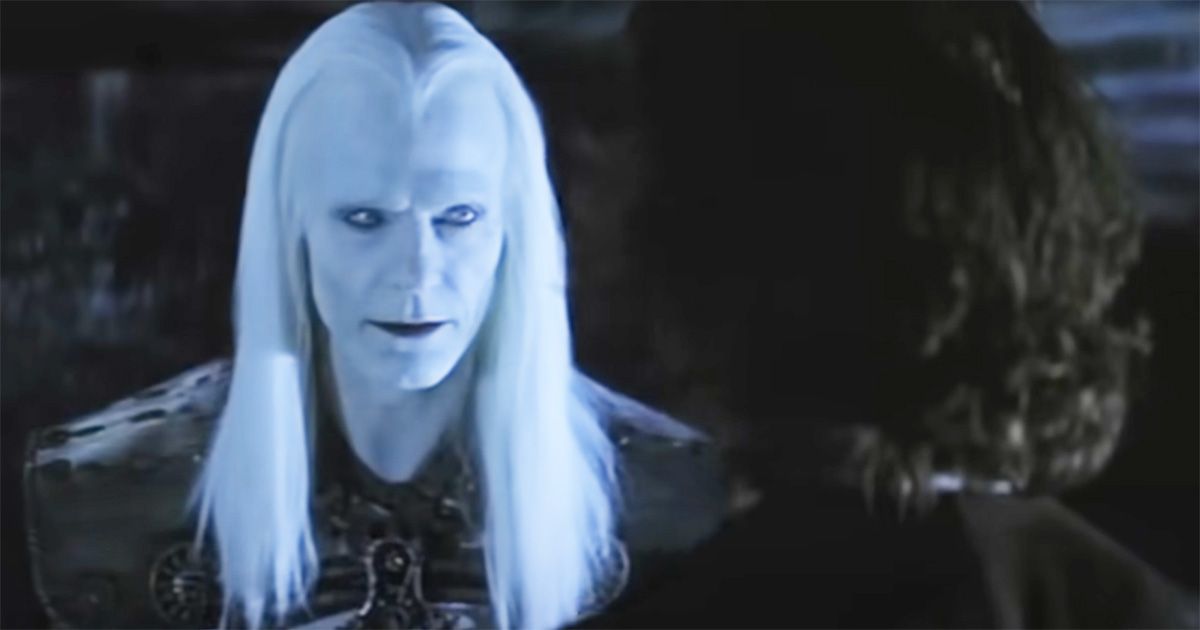
Moreover, fans of classic literature, especially works by H.G. Wells, will find delight in witnessing a modern interpretation of a pioneering science fiction narrative. The film serves as both a nod to literary heritage and an avenue for discussion about the evolution of storytelling techniques. It is an avenue for exploring how timeless narratives relate to the human condition, providing an engaging backdrop for those who enjoy dissecting cinematic adaptations.
However, the film may not fully cater to viewers seeking a traditional blockbuster experience filled with constant action and high-stakes scenarios. Those who prefer films that prioritize thrilling sequences over emotional depth may leave feeling somewhat underwhelmed. Additionally, aficionados of strict adherence to literary adaptations might find the deviations from Wells' original work disconcerting.
Overall, "The Time Machine" embodies a sense of wonder and introspection that, while flawed, offers a captivating experience for those willing to traverse its philosophical landscapes. From its mesmerizing visuals to its evocative soundtrack, the film succeeds in immersing viewers in a world ripe with potential for contemplation.
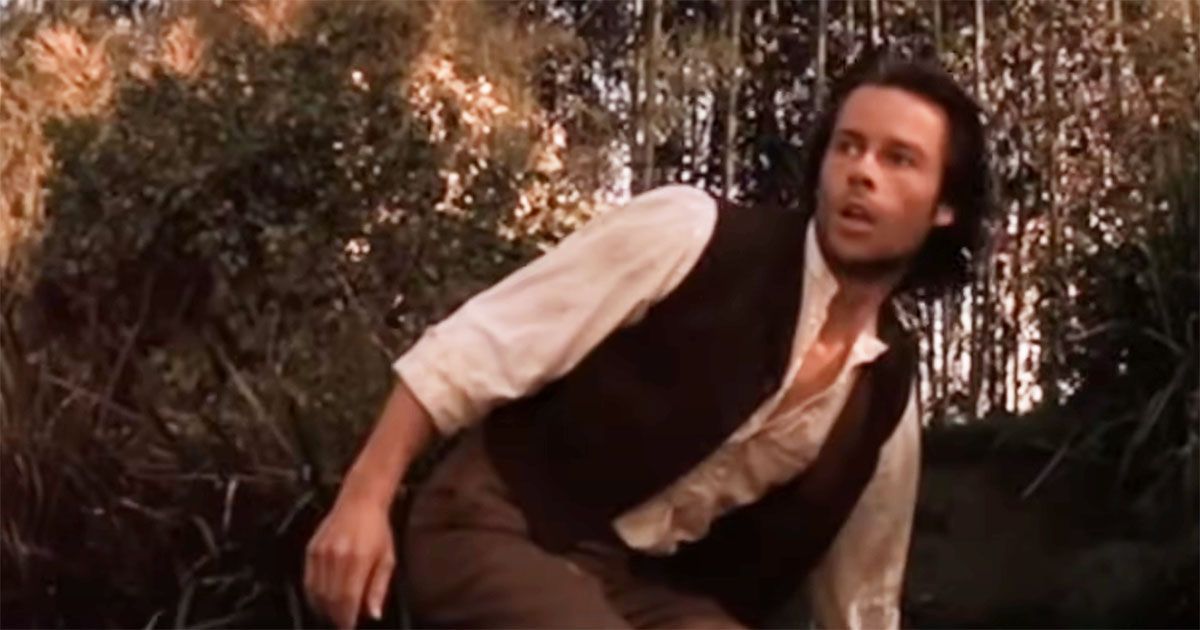
While it may struggle to balance emotional depth with adventure, it still leaves us pondering the key question of what one would do if given the chance to change the past.
In conclusion, I recommend "The Time Machine" for those who are curious about the intersections of time, love, and existential reflection. It is worth seeing, especially on a day when you can settle in and let the film's evocative message wash over you.
It may not fulfill every expectation, its insights into the human experience linger long after the film ends, making it a thought-provoking addition to the science fiction genre.

